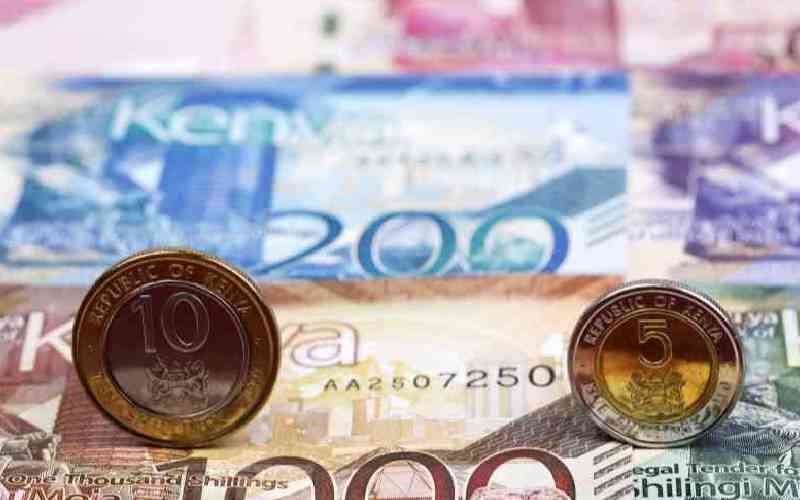×
The Standard e-Paper
Home To Bold Columnists

Sellers of prime properties in the country have opted to list their prices in foreign currencies to counter the depreciating shilling, Knight Frank reports.
The property consultancy and advisory firm, however, notes that the depreciating shilling against the United States dollar and other global currencies has affected the valuation of the said properties.